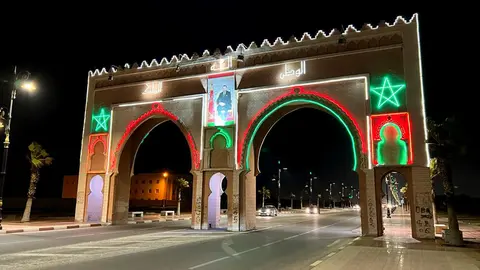The French Minister of Culture's visit to Western Sahara sparks outrage in Algeria
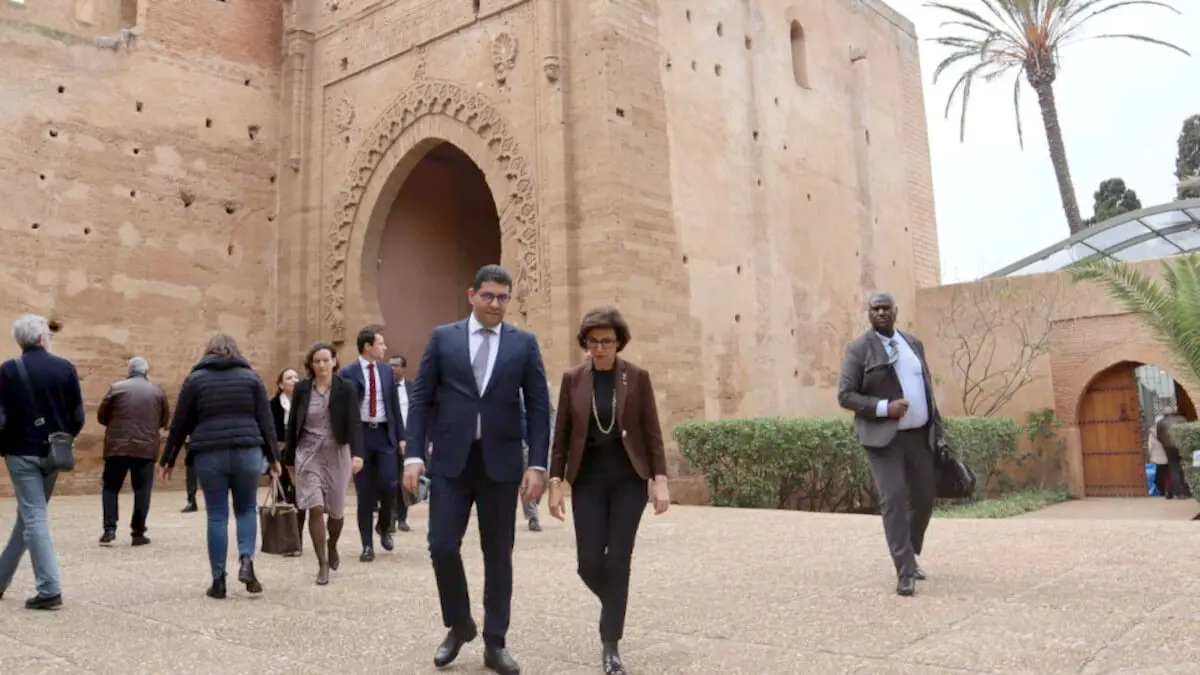
- ‘Morocco has not had to wait for France to develop its southern provinces’
- Paris intends to strengthen its strategic partnership with Rabat
- Algeria sets its sights on the development of Western Sahara
The harmonisation of bilateral relations between Paris and Rabat is a fait accompli. Since 30 July, when the government of Emmanuel Macron recognised the Moroccan character of Western Sahara under the Autonomy Plan proposed by the King of Morocco, Mohammed VI, in 2007, there has been a constant stream of diplomatic events and ceremonies between the two countries.
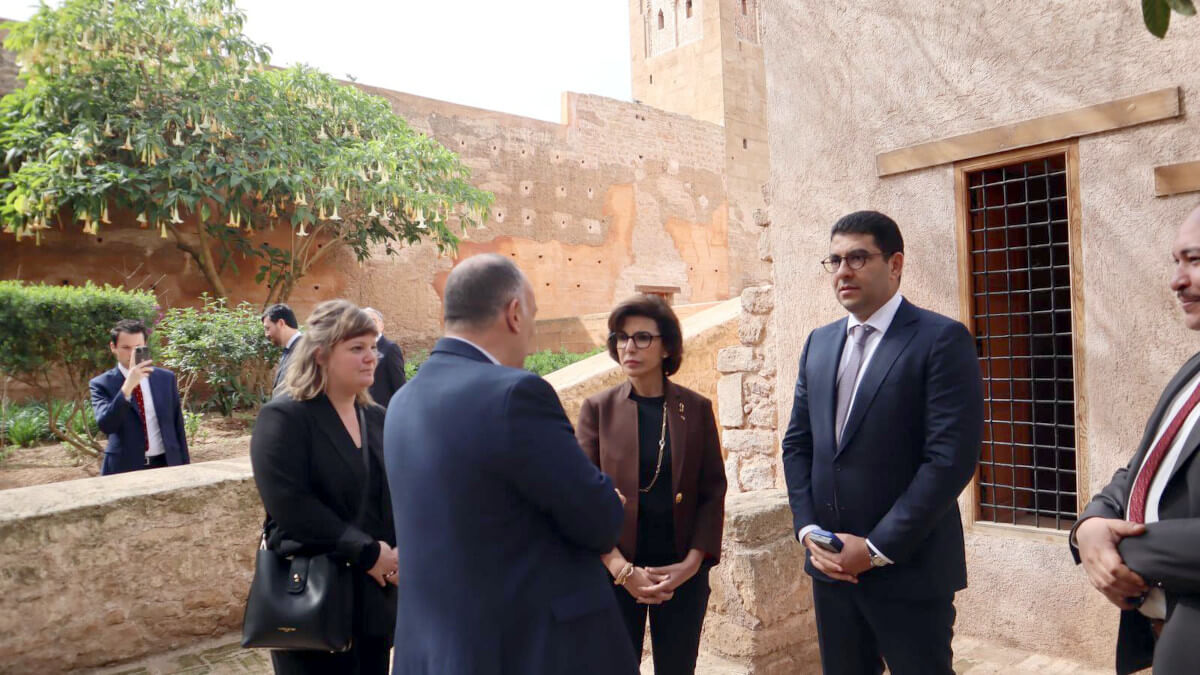
However, the visit of the French Minister of Culture, Rachida Dati, to the Saharan cities of Dakhla, Laayoune and Tarfaya has annoyed the Algerian government, unleashing the fury of the Algerian authorities, who described the visit as a provocation to which they showed firm rejection.
An anger that the Algerian Ministry of Foreign Affairs showed by issuing an official statement on its social networks in which it stated that ‘the visit of a member of the French Government to Western Sahara is a very serious matter, which demands condemnation and denunciation on more than one level, as it reflects a flagrant disregard for international legitimacy on the part of a permanent member country of the United Nations Security Council’.
‘Morocco has not had to wait for France to develop its southern provinces’
The development of Morocco's main Saharan cities surprised the French Minister of Culture.
In her first statements, she confirmed her surprise at the level of development in the region, the possibility of verifying this progress as it is visible, both in terms of infrastructure and public and cultural facilities; and reaching the conclusion that Morocco has not needed France's support for the cultural and educational development of her country.
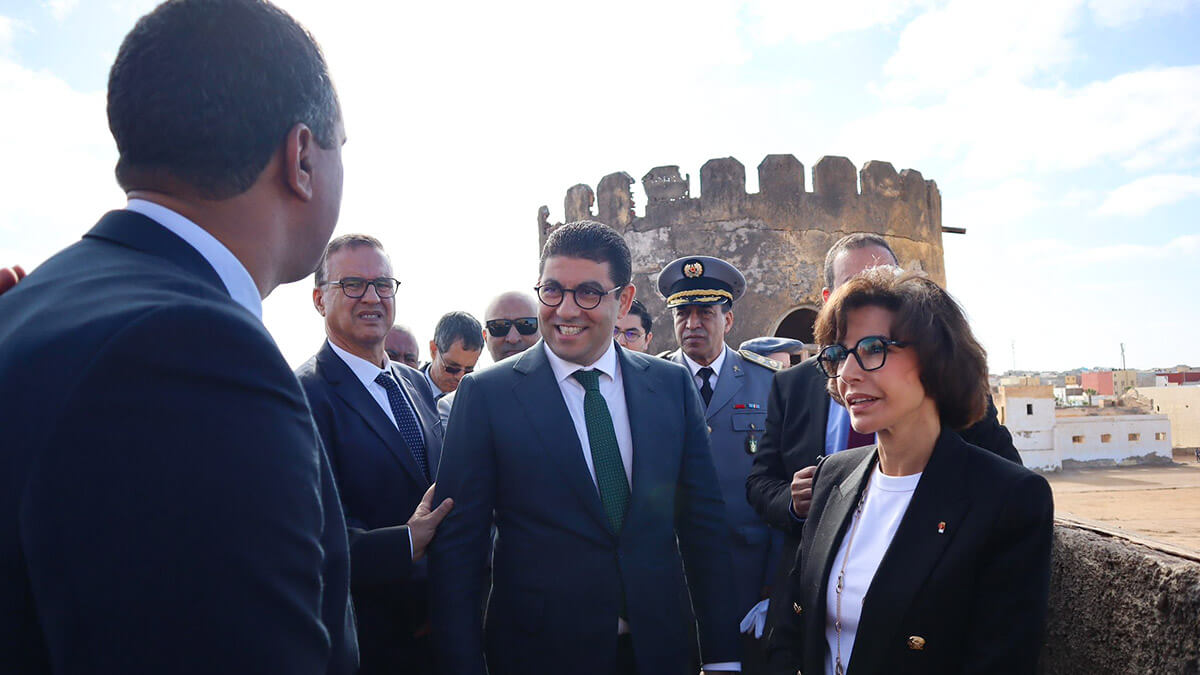
Both France and Morocco have a rich archaeological and heritage history that has inspired generations of researchers. ‘Development in the Moroccan Sahara covers several sectors, from energy and the economy to renewable energy projects, agriculture and marine fishing, making them prosperous regions full of potential,’ said Rachida Dati.
During the visit, Rachida Dati watched a feature film entitled ‘Reflection’ about which the minister said that it reflects the development of the deep ties that unite France with Morocco, and with the southern regions.
Finally, during a brief press conference, the minister, together with Mohamed Mehdi Bensaid, Minister of Youth, Culture and Communication, confirmed that bilateral plans to support the development of the region must include a population base that generates the need to open consulates.
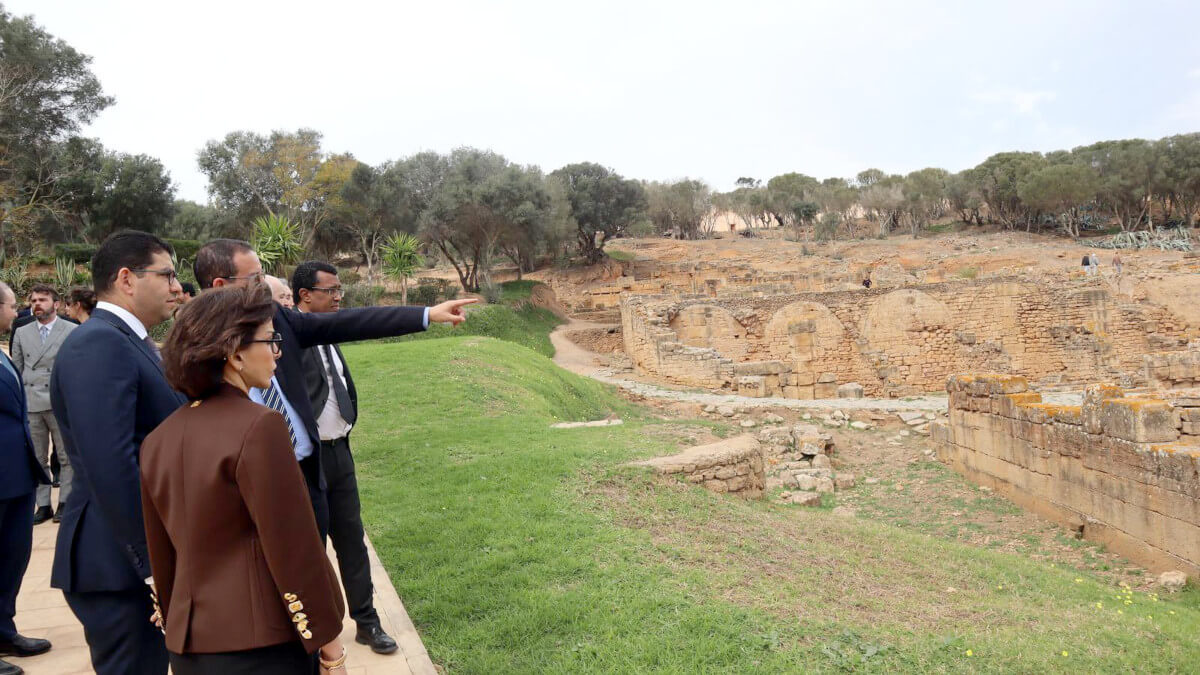
Paris intends to strengthen its strategic partnership with Rabat
The cultural sphere is one of the foundations of the Franco-Moroccan partnership. Rachida Dati took the opportunity to point out that the progress in relations ‘obliges the French, and especially those interested in Morocco, to support these efforts that the Moroccan Government is making. It is in this context that Moroccan and French diplomats signed more than 40 agreements.
One of the most important was the National Institute of Archaeology and Heritage (INSAP) and the National Institute of Preventive Archaeological Research (INRAP), which will help strengthen cooperation in preventive archaeology, research, and teaching.
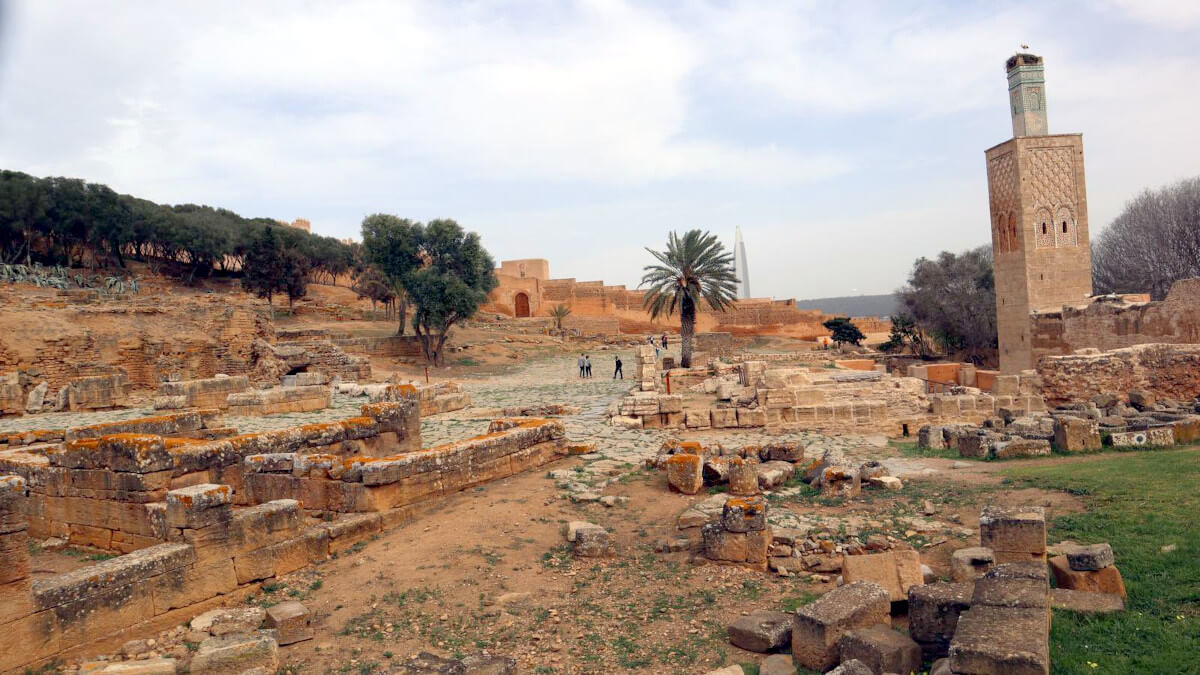
To this end, it was agreed to establish a research project on four emblematic Moroccan sites of the Ministry of Youth, Culture and Communication and the Centre des Monuments Nationaux (CMN) to promote them. This will strengthen educational collaboration by training 15 new Moroccan architects who will graduate from the École de Chaillot and the Rabat School of Architecture.
Regarding educational development, the minister confirmed that, over the next few years, the signing of agreements will help to establish baccalaureate exams in the main cities of the region, which will be an ‘important sign of rapprochement between the two countries’. Dati pointed out that the presence of French companies in the region will encourage French students to come to the cities of Dakhla and Laayoune.
Algeria sets its sights on the development of Western Sahara
The issuing of the communiqué by the Algerian Ministry of Foreign Affairs ‘exposes the Algerian regime's involvement in this fabricated conflict, as it is a major interested party, and reveals the burning of the separatist project that has become obsolete and the burning of all the Polisario's cards of pressure,’ according to Mohamed Salem Abdel Fattah, head of the Saharawi Observatory of Media and Human Rights.
These statements position Algeria as a fundamental actor in the conflict, which would slow down the attempts of the International Community, as they do not correspond to the repeated calls of the Secretary General of the United Nations and the Security Council on the need for real participation in the dialogue tables.

